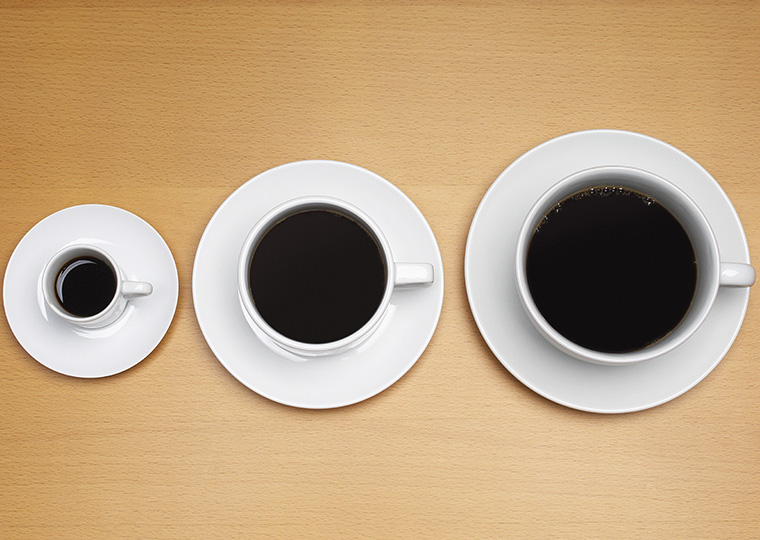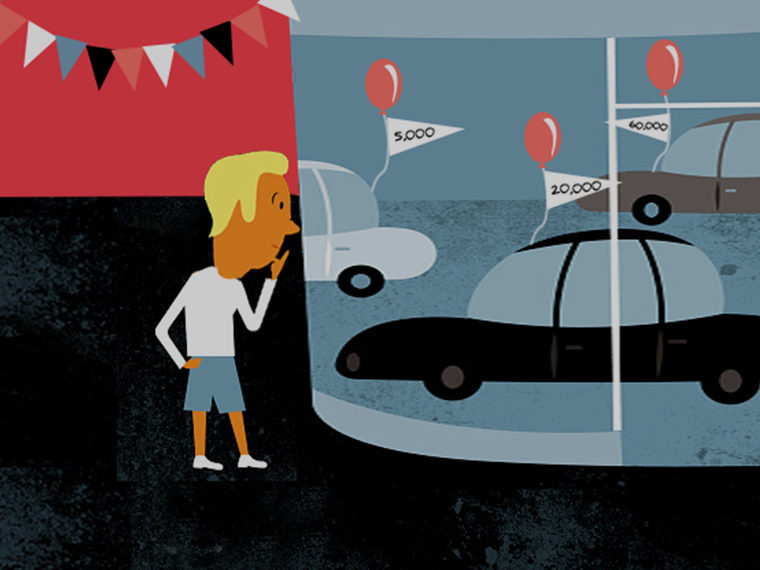Laptops and TVs are based on quality, fast food and soda on taste; but some buyers defy these models, and it’s an opportunity for marketers
When people choose vanilla ice cream over chocolate, the decision is obviously based on personal taste. And for some goods and services — say, an airline seat in first class versus coach — the decision is based on quality.
But not all purchase decisions are so clear-cut. In those instances, understanding consumers’ beliefs about the basis for product differentiation — quality vs. personal taste — can have major implications for marketers, influencing strategic decisions about customer segmentation, product positioning and pricing.
UCLA Anderson’s Stephen A. Spiller and Lena Belogolova, a product marketing manager at Facebook, in a paper published in the Journal of Consumer Research, find that actual consumer beliefs diverge from “traditional economic and marketing models of product differentiation.” The traditional framework uses a vertical axis to represent objective quality — factors such as resolution or reliability. The horizontal axis represents subjective taste attributes. But in reality, the authors find, “Consumers’ views of the world do not align with the neat theoretical categorization of differentiating on quality versus taste. In fact, consumers are divided on whether the same differences among products are actually matters of quality or matters of taste.”
Opt In to the Review Monthly Email Update.
The research found that “across a range of products from different categories, for any given product type, about a third of consumers disagree with the majority of consumers about whether the difference is a matter of taste or quality.”
In one set of studies, participants chose from four product pairs the ones they would prefer if the prices were equal. They then said whether their choices were based on quality or personal taste. The products ranged from beer to cars to parcel delivery services.
The studies showed that preferences were stronger when consumers perceived the product differences to be a matter of quality, such as for automobiles and digital cameras. Participants were willing to pay more — and to believe a significant price difference between products is fair — when they perceived a clear quality difference.
In one of their studies, the researchers asked consumers to choose between two olive oils. Even the study participants who chose the lower quality olive oil said they would still be willing to pay more for the higher quality oil.
The researchers also found that pricier utilitarian categories, such as laptops and televisions, were somewhat likelier to be considered matters of quality, while cheaper hedonic categories — those such as fast food and sodas that are considered indulgences — tended to be regarded more as a matter of taste.
If consumers believe the choice between two products is simply a matter of personal taste, they are less likely to see a justification for a price gap. For marketers, this means that a quality positioning can justify premium prices, whereas value brands at cheaper prices could benefit more from appealing to consumers’ personal tastes.
When consumers discussed choices based on taste, they made more references to themselves, using more first-person singular pronouns.
Other consumers, as well as experts, influence people’s perceptions of quality versus taste. The studies found that people are likelier to believe product differences are a matter of taste if they observe contradictory choices among other consumers. And when experts’ and other consumers’ choices diverge, people may be likelier to follow experts for matters of quality and look to other consumers for matters of personal taste.
Featured Faculty
-
Stephen Spiller
Associate Professor of Marketing and Behavioral Decision Making
About the Research
Spiller, S.A., & Belogolova, L. (2107). On consumer beliefs about quality and taste. Journal of Consumer Research, 43(6), 970–991. doi 10.1093/jcr/ucw065





